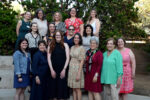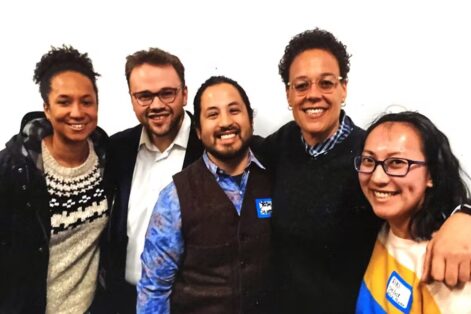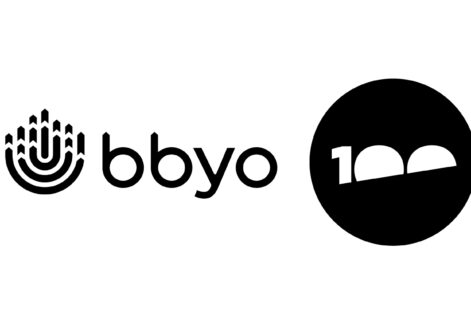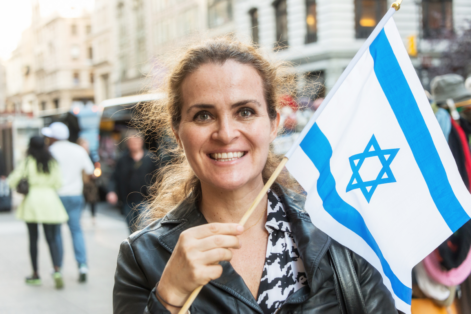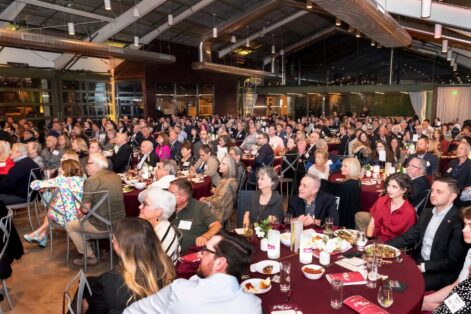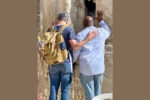In early September my synagogue mailed out the usual High Holiday packet with information and tickets for services. Except instead of tickets, when I opened the envelope I found 5 nametags on cool lanyards with instructions to wear them as our entry pass and incentive to meet new people.
Understand that my synagogue – Peninsula Temple Beth El (PTBE) in San Mateo, Calif. – has been around for nearly 75 years, and every single year, tickets were the currency for entrance to High Holiday services.
Why is this significant? Think about the symbolism of a ticket and the message it subtly sends: this is a transaction and you are a customer, paid in full. Name badges may seem like a small innovation (after all, you still have to be up to date on dues), but they communicate something profoundly different (especially when they come with fancy lanyards!) – we know you, you matter here, building relationships is important. And the impact was equally profound – people wore their lanyards proudly and the energy was electric with people making new connections.
At PTBE, High Holiday tickets was one of those time-honored habits that no one thought twice about. Until they did, as part of a congregation-wide effort to overhaul old practices that undermine belonging.
Belonging isn’t something you pay for, it must be cultivated through intentional design of an organization’s culture. And that means scrutinizing old habits to see if they still serve a human-centered focus.
That can be uncomfortable for some as you retire “sacred cows” in favor of more inclusive, people-friendly practices. But we aren’t creating belonging just for the few. In this time of loneliness, disconnection and isolation, where data confirms that the majority of Jewishly identified people don’t feel part of a Jewish community, it’s imperative that we break old habits and re-configure our institutions to maximize belonging for all.
This can be as small as name badges, and as large as dues-free structures, or organizations formed around small affinity groups. It certainly means re-thinking the way we gather, using our programs as platforms to connect with people more deeply.
One Jewish day school broke the habit of its annual formal fundraising gala when they realized it was excluding too many community members. With the goal of making the event more accessible, intimate and participant-led, organizers instead created an evening of home-hosted small dinners, each with its own speaker and topic across a wide range of interests. So many people were involved in recruiting speakers and hosting or supporting dinners, that the school raised more money than ever before, while strengthening its network of volunteers and building new relationships.
Judaism itself is built on rituals, laws and traditions, handed down over generations. Tradition helps us bond as a community and create meaning. But tradition shouldn’t be confused with blind habits that no longer serve us. For every organizational habit, from High Holiday tickets to presentation-heavy board meetings to frontal educational programming, ask “what purpose does this serve, and how might we re-design for greater belonging – so that all in our communities feel seen, valued and part of something greater?”
Wendy Verba, Founder and Principal, Belonging by Design, will be the keynote speaker at Limmud AZ: A Community Conversation on January 28, 2024.
This post has been contributed by a third party. The opinions, facts and any media content are presented solely by the author, and JewishPhoenix assumes no responsibility for them. MORE















